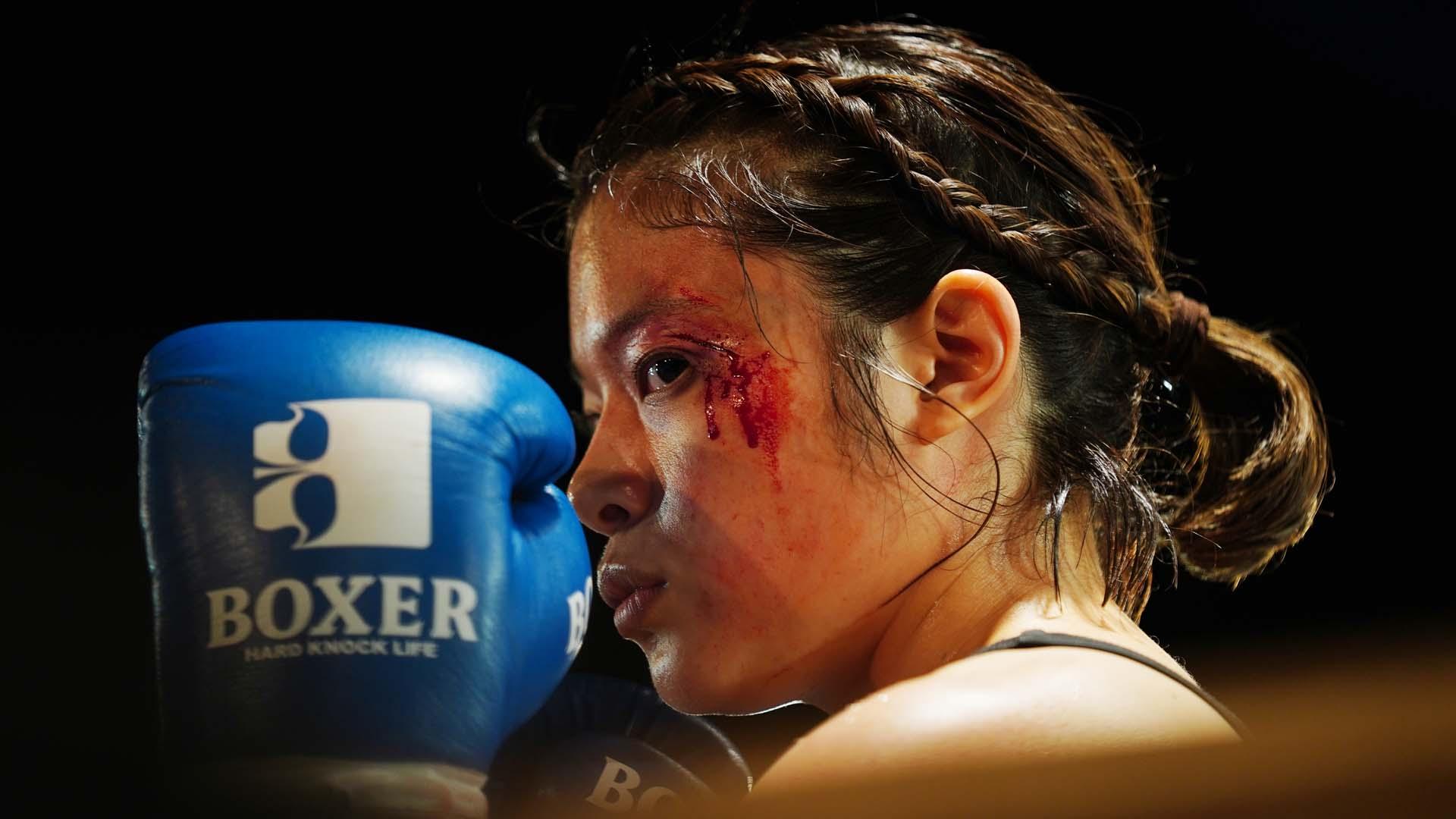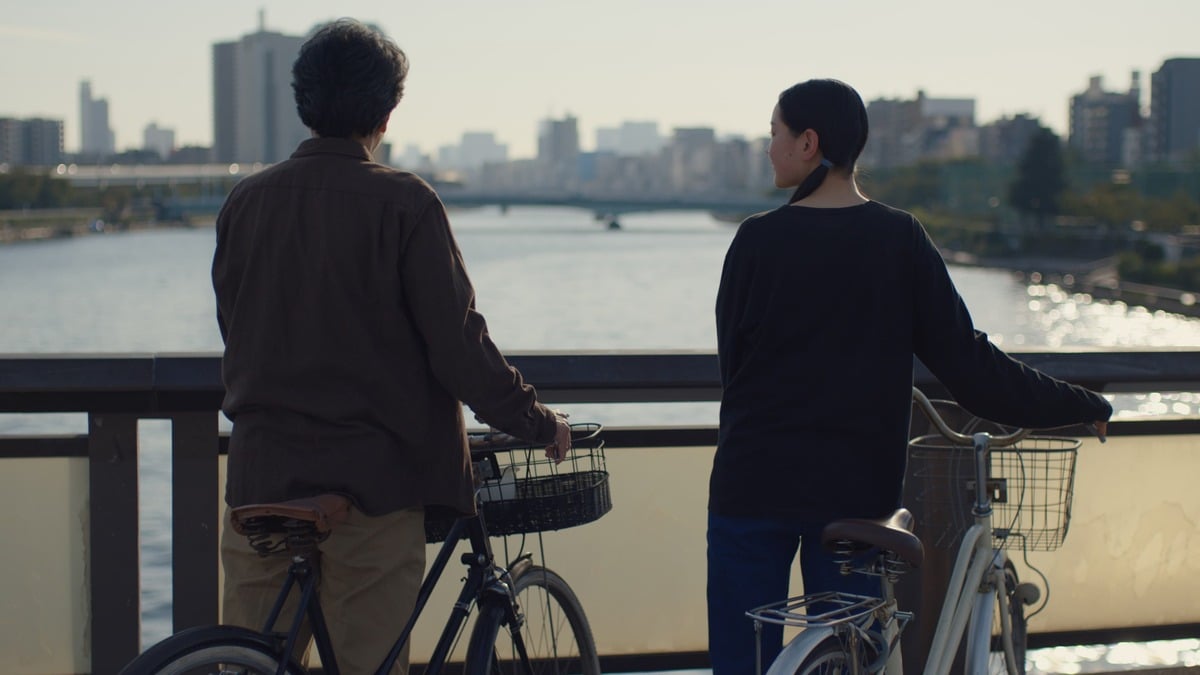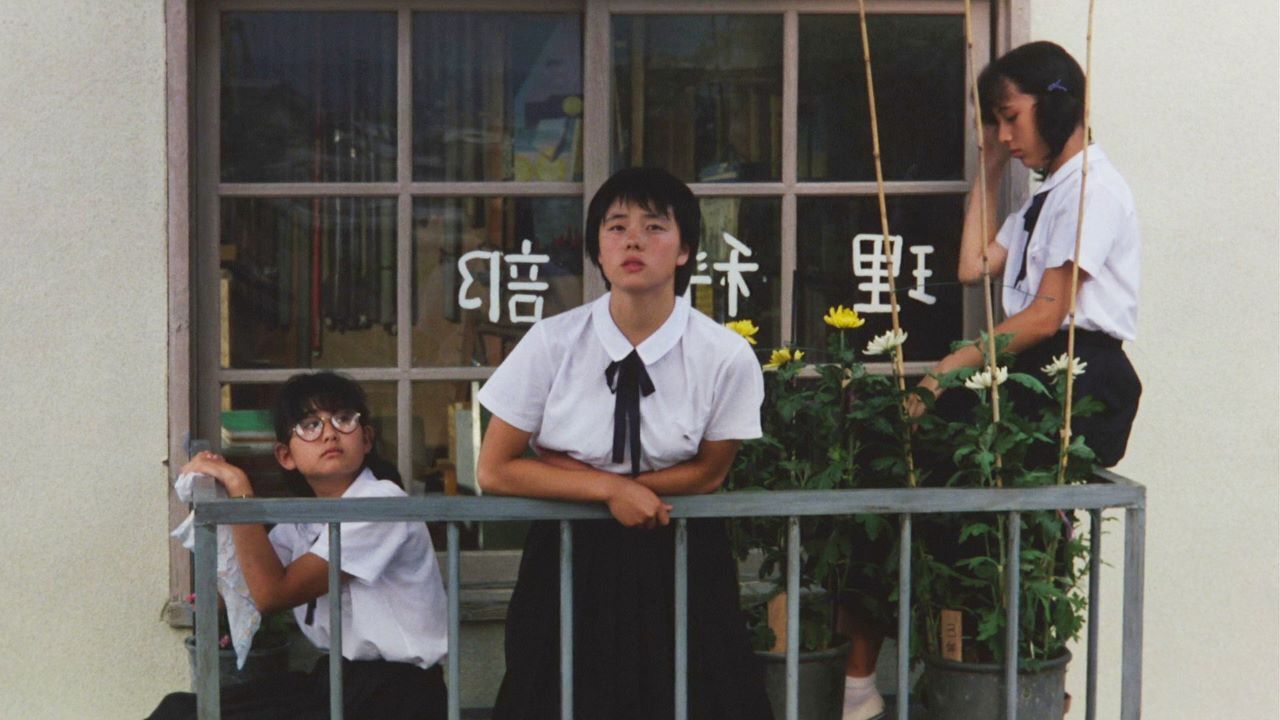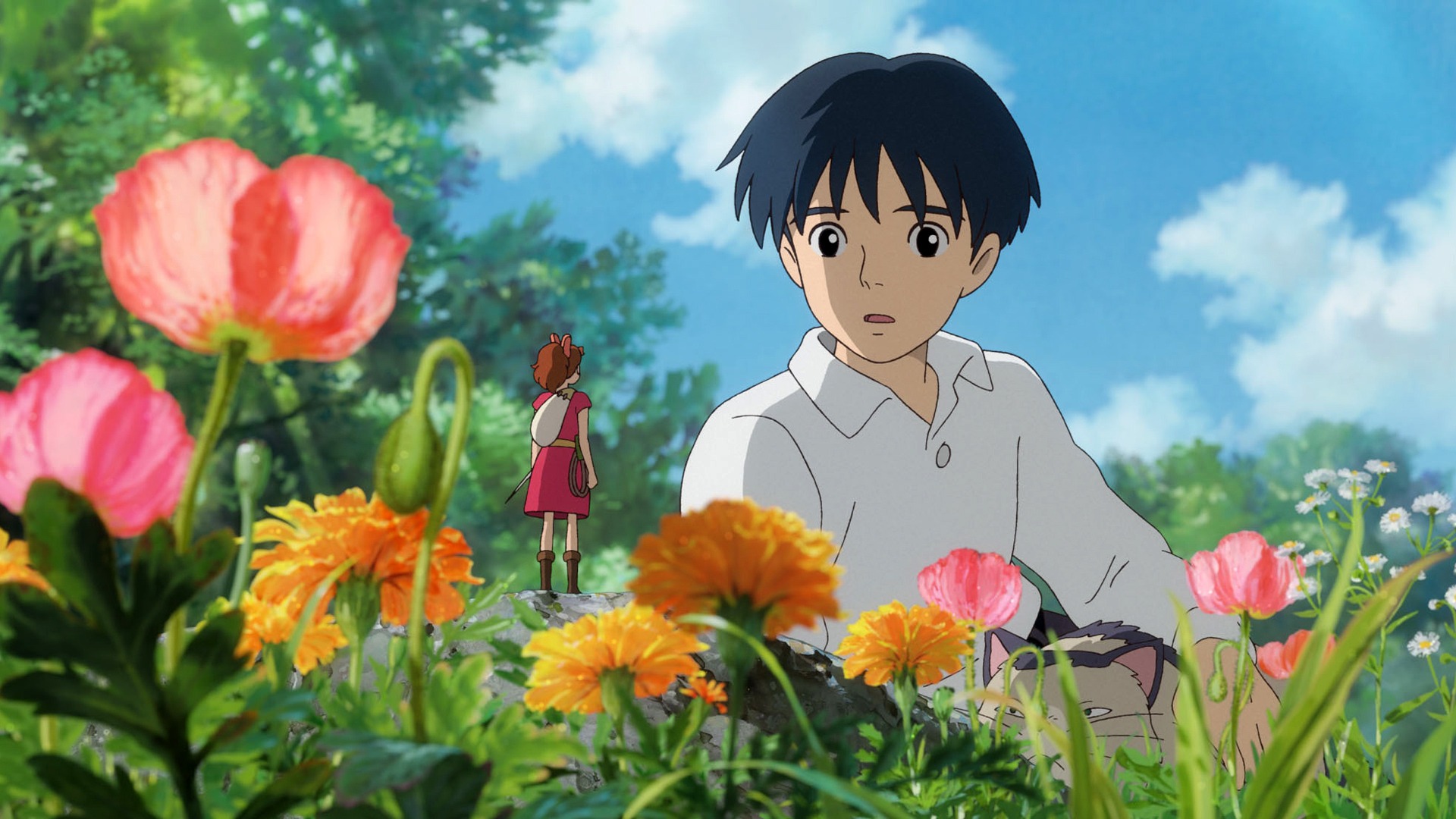Small, Slow But Steady is a quiet, contemplative film about a deaf boxer named Keiko. Keiko is determined to become a professional boxer, but she faces many challenges; the pandemic, the closure of her boxing club, and the illness of her aging coach. The film's director, Sho Miyake, excellently captures the slow, deliberate pace of Keiko's training; and the quiet moments of her life outside the ring.
With serene wide shots of the Japanese countryside and small intimate moments in the boxing ring, the film lives up to its name, giving a tender portrayal of the need for connection and community in (and outside) of the pandemic. The steady performances from Yukino Kishii as Keiko and Masahiro Higashide as her coach make this slow-burning film a rewarding and inspiring story about perseverance and the power of dreams.
Genre: Drama
Actor: Himi Sato, Hiroko Nakajima, Makiko Watanabe, Masaki Miura, Nobu Morimoto, Nobuko Sendo, Shinichiro Matsuura, Shinsuke Kato, Tomokazu Miura, Tomomitsu Adachi, Yukino Kishii, Yuko Nakamura, Yutaka Shimizu
Director: Sho Miyake




